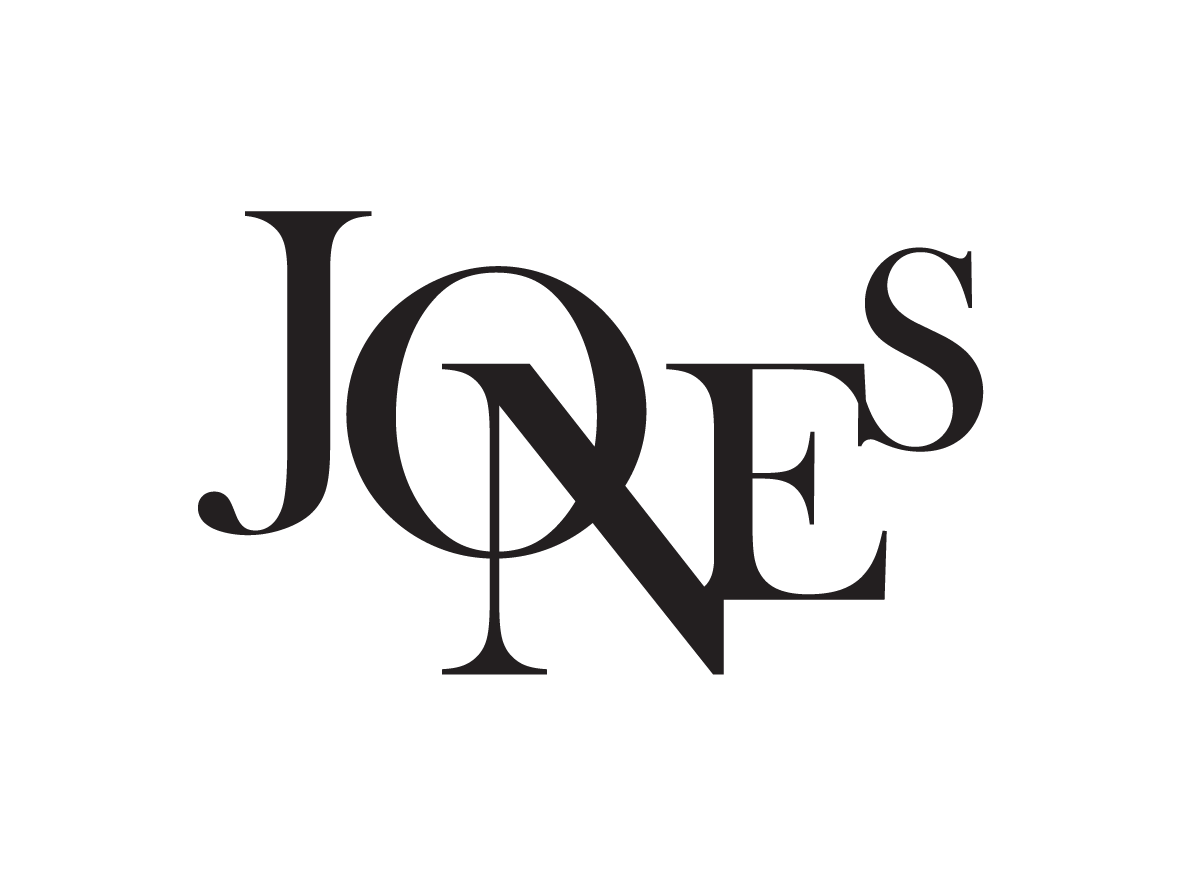Be prepared to succeed as a media spokesperson. By Kathryn Van Kuyk
Reporters are constantly on the hunt for engaging stories, news and opinions. To cut through the noise and hundreds of pitches a day each journalist receives, you need to learn how to stand out. Media training is crucial to help CEOs, founders and media spokespeople hone the message you want to convey, make an impact and have realistic expectations.
Understanding how the Australian media works, what journalists look for in a story and how you can make your business relevant and build credibility as an expert in your industry is vital. This is why media training, conducted every two years will help you learn how to tell different stories for different audiences and objectives in the most compelling way.
It is a rare opportunity to sit down with a real-life journalist and agnostic PR expert and ‘practice’ mock interviews in a safe environment. We seem to study and prepare for almost everything else in life, but often people attempt to do interviews ‘on the fly’, without really thinking about what they want to say, why they’re saying it and what they want to get out of it.
Great PRs will help get you in front of a journalist, but as the media spokesperson, it’s up to you to maximise the opportunity. You can’t rely on your PR to try and get stories changed after you said something you regret, when it’s already on the record. Learn how to not say it in the first place and avoid the common pitfalls and traps in interviews.
Here are nine important reasons, why you should engage in media training:
1. To learn about the Australian media landscape and deep dive into what financial journalists, business reporters, technology reporters, radio, TV, channel press, trade media and startup media are looking for.
2. To learn how to refine your key messages and articulate them in an engaging way.
3. To understand how the media works and what makes a story.
4. To understand how to tailor your media/public relations strategies for maximum value.
5. To ensure you’re prepared to handle the difficult questions.
6. To reduce the likelihood of being misquoted.
7. To learn techniques to ensure you stay in control of the media interview.
8. To ensure you’re equipped to effectively promote your brand.
9. To obtain agnostic advice that can enrich your selection of freelancers and agencies – ensure you invest in what will work and understand what will be required of you to achieve success.
Kathryn Van Kuyk is a PR expert and co-founder of Media-Wize, The Jones Collective’s preferred media training partner.

